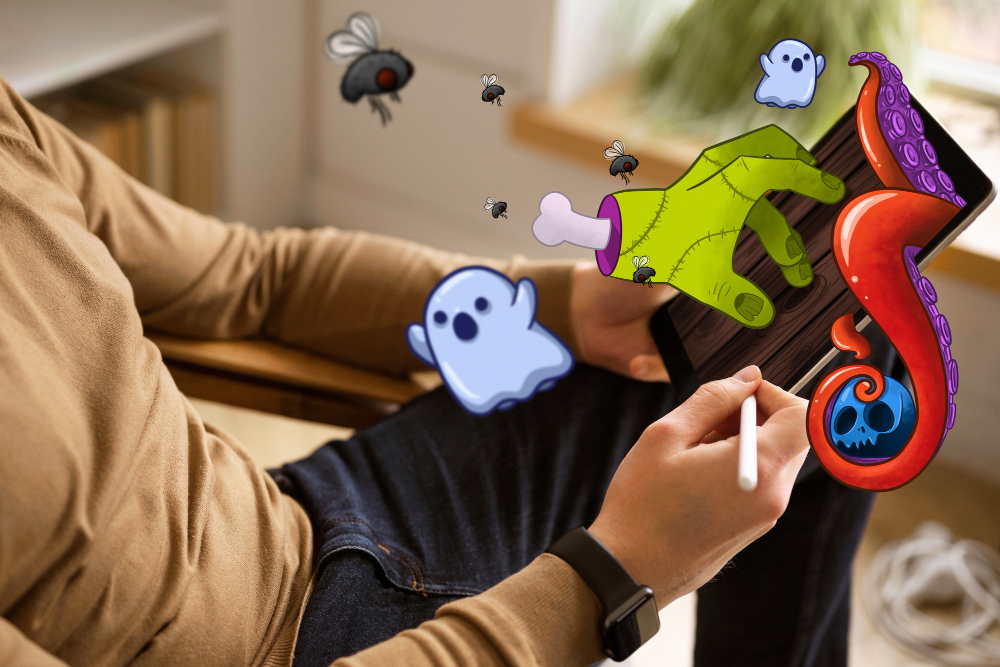You’ve got a game idea. One that keeps you up at night. You picture the levels, the characters, the kind of experience players will talk about. Maybe you’ve even sketched out screens or toyed with Unity tutorials on weekends. That’s exciting. But here’s the truth: great game ideas are everywhere. What separates the ones that live in notebooks from the ones that hit the App Store? The team.
We’ve seen it up close. A founder came to us with a creative, playful gaming concept. It wasn’t some huge studio production. It was built on the belief that games can connect people, not just entertain them. What he needed wasn’t just game app developers to execute code. He needed a partner. Someone who’d challenge ideas, refine mechanics, and make sure that behind every fun screen, there’s an engine that runs smoothly.
We joined forces. Worked through prototypes. Dug into logic trees. Tested and re-tested until the timing, pacing and flow felt right. That app now has thousands of happy players. It’s generating revenue. And it started with a single person who didn’t want to do it alone.

You’re not building a game. You’re building momentum
The problem with going solo isn’t just the long hours. It’s what you miss. No matter how sharp your idea is, it takes distance and perspective to spot what will delight a stranger on the other side of the screen. It’s easy to overbuild. To forget onboarding. To blow your budget on effects no one will care about.
A great team gives you friction in the right places. Someone to ask what the player will actually do. What they’ll skip. What they’ll share. The best gaming app development happens when there’s room for iteration. When someone can say, this part? It’s fun. But it could be unforgettable.
It’s not about hiring. It’s about collaborating
We’ve worked with indie creators and funded startups alike. And in every successful launch, the energy is the same. It’s not top-down or rigid. It’s honest. It’s open. It’s full of ugly first drafts and post-its and half-baked builds. That’s how you get to something original.
Most gaming app development companies can promise “on time and on budget.” That’s basic. What you really want is someone who treats your product like their own. Who takes deadlines seriously but pushes when something could be better. Someone who isn’t afraid to say no to the wrong feature and yes to the crazy one that might just work.
So what makes a game app team actually good?
It’s not just technical skills. It’s alignment. Shared curiosity. A sense of what matters. We believe the best game app developers are the ones who care about:
- Feel before polish
- Systems before surfaces
- Long-term performance over quick wins
They care about how your game feels in the player’s hand. Whether that challenge curve makes people close the app or replay it ten times. Whether your monetization is annoying or just seamless enough to be smart.
We’ve seen teams fail because they had talent but no cohesion. No feedback loops. No honest communication. And we’ve seen small scrappy teams launch apps that rack up thousands of active users because they had clarity and trust.

Why Olearis might be your right match
A recent example comes to mind. A client came to us with a heartfelt idea for a multiplayer game—simple mechanics, light strategy, and a strong focus on togetherness. He didn’t have a big team or funding, just a strong concept and a vision to make something playful that brings people closer. We started with a few sketches and some basic interaction concepts. From there, it evolved into something polished and addictive. Together we fine-tuned the UX, balanced progression, and built a backend that could handle bursts of real-time interaction without crashing. The result? A successful launch, strong user feedback, and a community that keeps growing—proof that with the right team, even a humble idea can turn into a sticky, scalable product.
We don’t pretend to know your game better than you. But we’ve been building apps for years. We know what kills retention. What slows down updates. What players complain about at 2 am in the App Store reviews.
That’s why when we work on gaming projects, we do more than deliver. We design, iterate, test and help you think through the moments players will remember. We’ve done this for solo founders and early-stage teams who needed not just manpower but a braintrust.
One client told us: I needed people who’d think with me. Not just build what I asked. That’s what we aim for every time.
So if you’re serious about turning your gaming idea into a product people will actually play, remember this:
Don’t build alone.
Let’s talk about how we can build it together.



